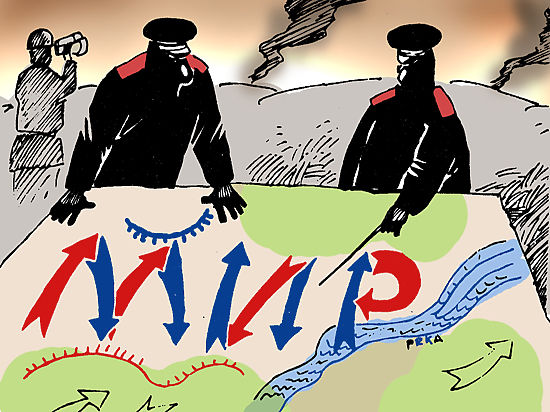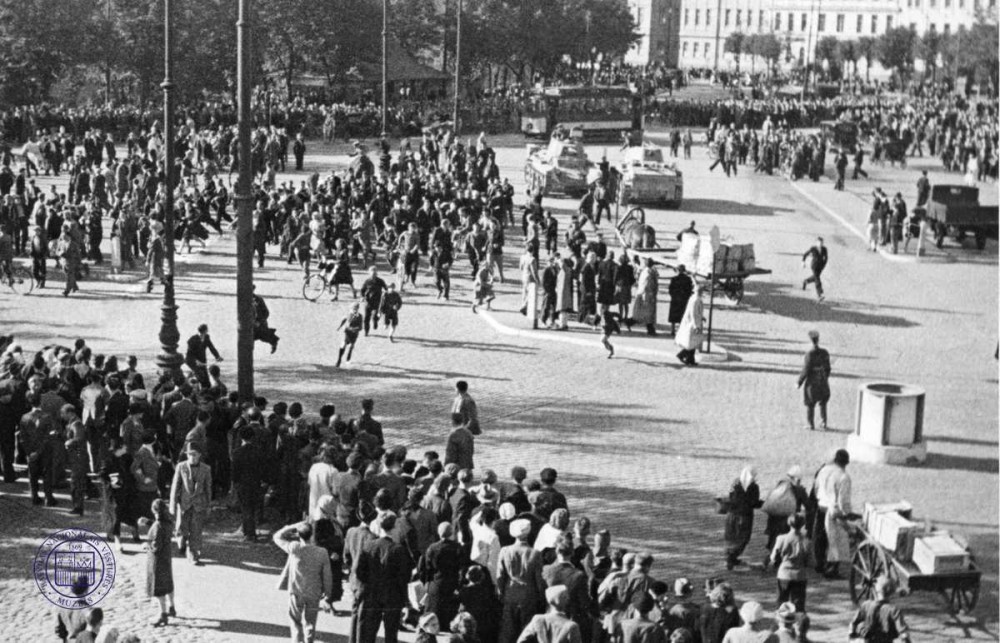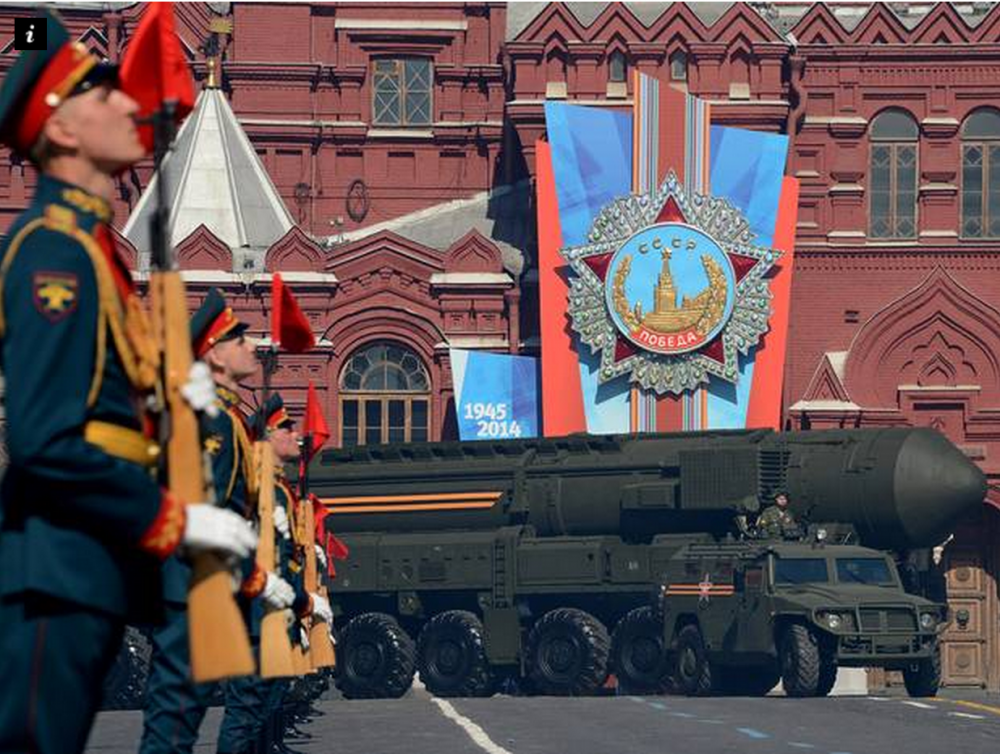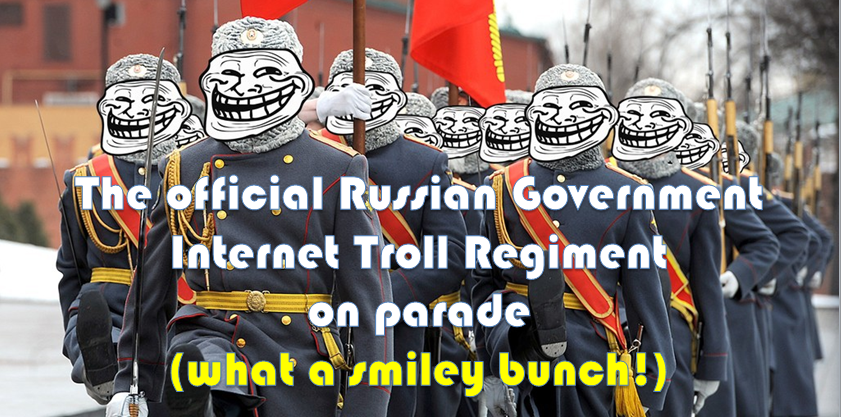Vladimir Putin changed his public assessment of the 1939 Molotov-Ribbentrop Pact which opened the way to World War II because he wants a new Molotov-Ribbentrop Pact with the West to divide up Ukraine and give him time to prepare for a new world “resource war” at the end of the 2020s, according to Pavel Felgenhauer.
Felgenhauer, perhaps Russia’s leading independent military analyst, says that in Moscow today, there is still circulating the view that the West would be prepared to give up Ukraine in exchange for something else and that such a swap could serve Russia’s purposes because Moscow does not want Ukraine or even part of Ukraine to be part of the West.
Since at least February 2013, he continues, Russian military planners have been convinced that sometime “after 2025 or 2030,” there will be “a major world war” over resources and that Russia would be at risk because of its size and immense reserves of oil, gas, water and so on.

Felgenhauer notes in an interview with Artem Dekhtyarenko of “Apostrophe” that [Secretary of the Security Council of Russia] Nikolay Patrushev raised those concerns to a higher level in his remarks last fall and that, over the objections of former finance minister Aleksey Kudrin, Moscow launched a multi-billion-ruble plan to rearm in preparation for that conflict.
According to the Kremlin authors of this plan, the analyst says, the Americans have been thinking about how to block it and they have supposedly chosen to put Ukraine in Russia’s way so that Moscow will have to spend money on a conflict there rather than invest in its larger and--from the American point of view--more threatening rearmament program.
Kremlin officials constantly say that Russia does not want to fight with NATO, but what they are really saying, the analyst argues, is that “we do not intend to fight now. We are preparing for 2025 or 2030.” Russia is not prepared to fight now, but it can be prepared to fight by then.
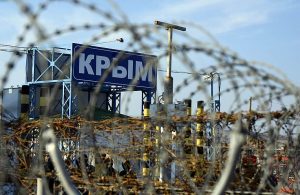
Russia is spending enormous sums on this program of rearmament, Felgenhauer says. It is cutting social program and the population is being impoverished, with “all efforts being thrown at military rearmament and--in the first case--nuclear rearmament in order to restrain the Americans.”
Russia today is “much weaker qualitatively and quantitatively” than NATO overall, but there are some places on “the eastern front” where it has certain advantages. Nonetheless, qualitatively [Russia] is not ready. I hope,” Felgenhauer says, “that is this is understood by everyone including in the Kremlin.”
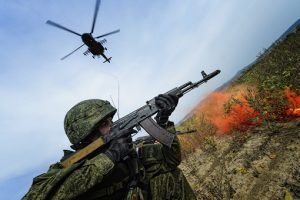
Nonetheless, direct confrontation between Moscow and the West will likely continue to grow, he argues. And even if Moscow does not attack the Baltic countries – and Felgenhauer says the West would have defended them making any such attack unlikely – there are risks that an accident could trigger a war far sooner than the Kremlin wants.
Both sides are increasing military maneuvers, and the Russian side is flying its planes in a way that could lead to an accident that would trigger a crisis. Russian military planes are flying in places and without transponders as they did in the Cold War, but there are ten times as many civilian aircraft in those zones as 30 years ago – and that makes an accident more probable.
In other comments, Felgenhauer says that Russia’s turn to China is intended to address its needs for capital now that it cannot get that from the West, but Moscow and Beijing have a partnership not an alliance because they want different things and some of these things are incompatible.
Moreover, he reminds that NATO could take in Ukraine as a member even “without the Donbas and Crimea” because there is nothing in the NATO Charter that precludes that happening. At the same time, however, he points out that Article Five does not mean that NATO would necessarily go to war if one of its members were to be attacked.
And he suggests that while he has doubts that “Putin gave the order” to shoot down the Malaysian airliner, the Kremlin leader began lying about the true situation early and has made a decision to continue to lie even if that is not in his interests, just as US President Richard Nixon did at the time of Watergate.

